
Nottingham University Hospitals NHS Trust (NUH) is the first NHS trust to achieve the Soil Association’s Gold Food for Life Catering Mark for serving fresh, healthy meals – made with local, seasonal and organic ingredients. The Food for Life Catering Mark recognises food providers who prepare meals which meet high standards of traceability, freshness and provenance. The Gold Catering Mark means that at least 15% of total ingredient spend is on organic ingredients, and that menus make use of ingredients produced locally and in the UK. 77% of NUH’s raw ingredient spend is now on local ingredients. Meat, fresh produce, bakery products and milk are all sourced locally, ensuring security for local suppliers and helping the local economy. Switching to local suppliers has been cost neutral and allowed the Trust to invest £2m per year in local sustainable businesses.
This means that NUH is able to supply patients, staff and visitors with high quality meals at an ingredient cost price of £4.53 per patient per day – this includes breakfast, lunch, supper snacks and seven beverages each day. NUH operates below the national average for patient day costs.
Sustainable future?
Means
“…meeting our needs now…
…without compromising the ability of others to meet their needs, now or in the future.”

Slow motion emergencies are usually hidden by noise, and our short term political / economic incentives –
A slowly increasing baseline can suddenly increase the likelihood of extreme events – (those that exceed the red line)
1.Experience is an important cause of ignorance.
2.As much of the world becomes “wealthier”, it is often at the expense of others, both now and in the future. “Ecological paradox”
3.There are very powerful anti-health and anti-fairness forces at work.

To be healthy? means
…to have access to, and control over, those things that enable us to live lives that have value, purpose, and meaning…

Creating the right environments for fair health:



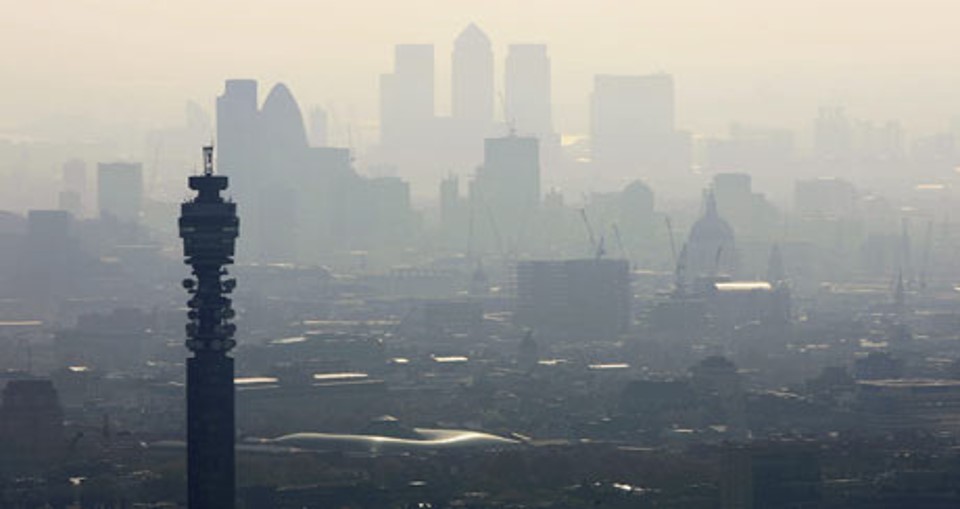
40,000 early deaths across the UK per annum are attributable to air pollution. (60,000 if NOx from e.g. diesel engines included). An average 8 month loss of life for every person, especially lung disease and stroke.
“The opposite of poverty… isn’t wealth…

… the opposite of poverty is justice.”
Growth at all cost increases mental health problems1 and undermines equitable prosperity. The Nuffield Foundation concluded: “What is striking is that, in a counter-intuitive way, rises in mental health problems seem to be associated with improvements in economic conditions and physical health.”

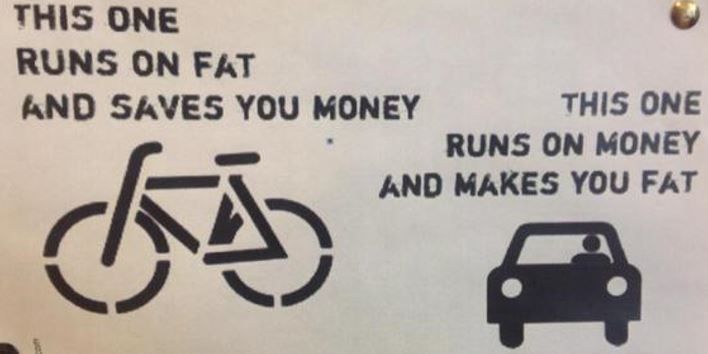

It’s the law

Climate Change Act 2008 and COP21, Paris 2015
- Implementing the CCA08 is a legally binding agreement
- An economy that is sustainable, fair and prosperous is not only possible, it’s happening:
–one third of growth since recession is in the green economy
–8% of the total economy
- Off shore wind has halved in price in last 2 years (now cheaper than new gas)
Public Services (Social Value) Act 2012:
“…all public bodies in England and Wales are required to consider how the services they commission and procure might improve the economic, social and environmental well-being of the area.”

The Global Goals
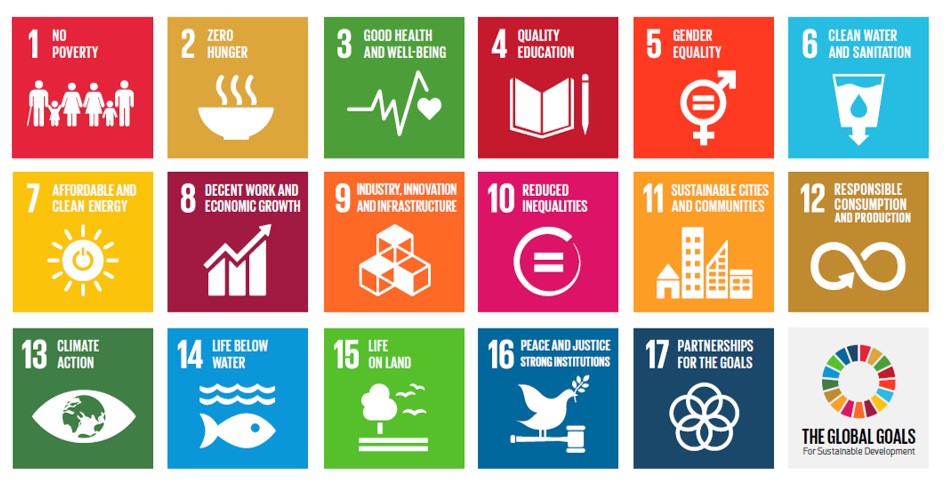
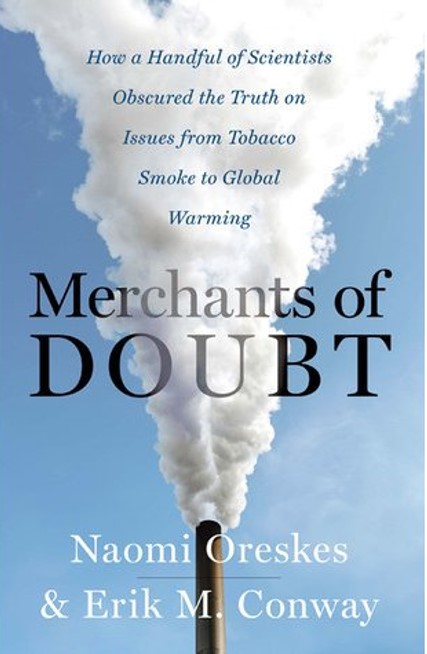
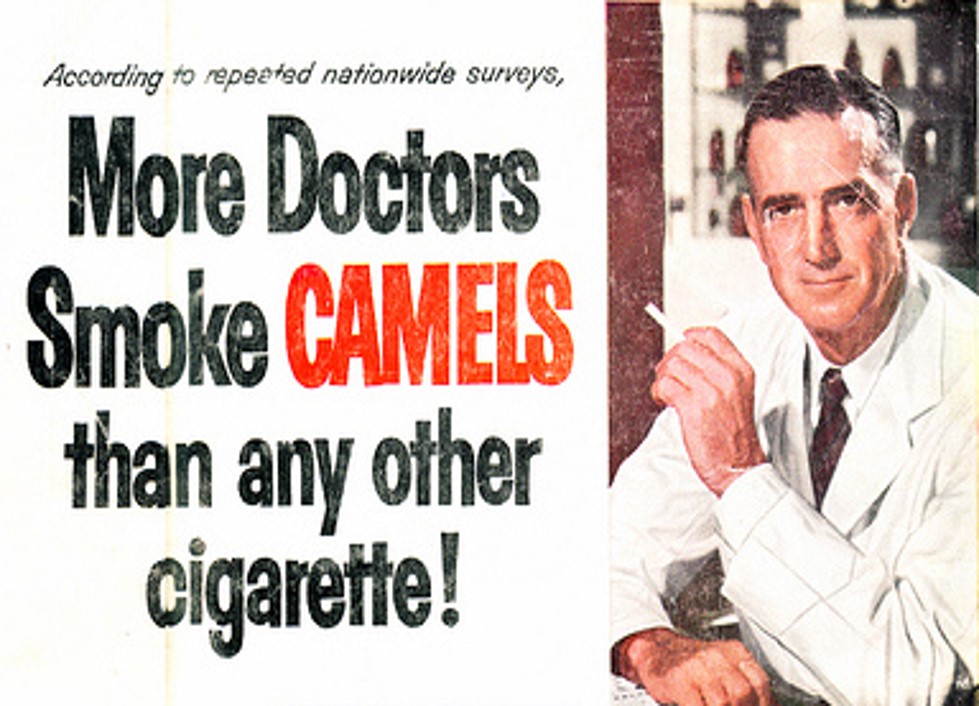
Would you generally trust these people to tell the truth? (The Ipsos Mori Veracity Index 2016)

200 years of public health action

Priorities for government:
1.Implement the existing laws that protect conditions that create and protect health and fairness.
a)Polluter pays, zero carbon incentives, meeting climate change targets by rapid move to 100% renewables and a zero-carbon energy system.
b)Social value through employment, procurement, investment, partnerships.
2.Measure value and benefit, not just cost of sustainable interventions that deliver immediate AND long term health benefits (food, energy, travel)
a)Infrastructure investments (especially housing, food, and transport)
b)Supply chains – legally mandated whole supply chain ethical auditing
c)Alternative to traditional discounting rates of 3%, and 3 year ROI
3.Redefine community health and prosperity beyond materialism
4.Report by moving from Financial Reporting to Financial, social and environmental reporting (“Triple bottom line reporting”, “Integrated reporting”)
This was presented at our conference Public Health Priorities for Labour
